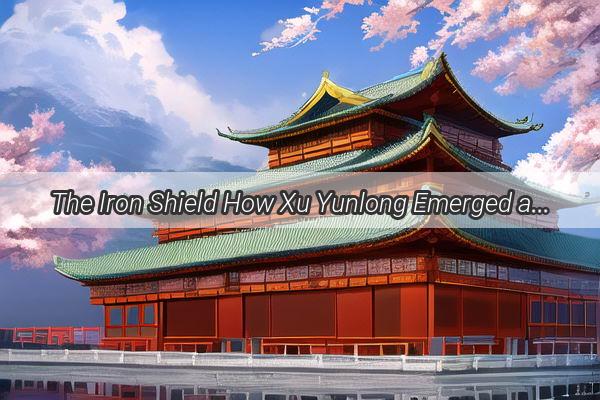Revolution in the Heart of China The Unyielding Struggle for Change in the Modern Era
In the annals of history, there is no denying that the 20th century was a tumultuous era for China. A time marked by oppression, exploitation, and a yearning for change, it was an era that witnessed the birth of the Chinese Revolution. But why did the people of China rise up against their oppressive rulers? This article delves into the root causes of the revolution, highlighting the factors that ignited the flames of rebellion and led to a monumental shift in the destiny of the Chinese nation.
The late 19th and early 20th centuries were marked by a series of internal and external crises for China. The Opium Wars, initiated by Western powers, had resulted in a series of humiliating defeats for the Qing Dynasty, leading to the loss of territory and sovereignty. This emboldened foreign powers to impose harsh treaties and extract tribute from the Chinese, further weakening the empire.

The Qing Dynasty, once a symbol of power and stability, was now seen as a corrupt, inefficient, and incompetent regime. The Manchu rulers, who had taken control of China in 1644, were increasingly alienated from the Chinese people, as they clung to their own customs and traditions, while neglecting the needs of their subjects.
The economic hardships faced by the Chinese people during this period were immense. The unequal treaties imposed by the foreign powers had stripped China of its resources, leaving the population in poverty and despair. The land reform initiatives of the Qing Dynasty were superficial at best, as the majority of land remained in the hands of the wealthy elite, while the peasantry struggled to make ends meet.
It was this economic inequality that led to widespread discontent among the Chinese people. The Boxer Rebellion of 1899-1901, a failed uprising against foreign influence, was a testament to the depth of this discontent. It was clear that the Qing Dynasty was no longer capable of protecting its people or restoring China's dignity.
The intellectual awakening of the Chinese during this period also played a crucial role in the rise of the revolution. The late 19th century saw the emergence of a group of reformers and revolutionaries who were inspired by the ideas of Western democracy, equality, and nationalism. They sought to emulate the success of the Western nations and believed that a revolution was the only way to achieve this goal.
The 1911 Revolution, also known as the Xinhai Revolution, was a direct result of this intellectual awakening. The revolution began with the Wuchang Uprising, led by Dr. Sun Yat-sen, a prominent revolutionary leader. The uprising quickly spread to other parts of the country, and within a matter of weeks, the Qing Dynasty had been overthrown, marking the end of nearly 2,000 years of imperial rule.
The Chinese Revolution was not just a struggle for political power; it was a battle for the soul of the nation. The revolutionaries sought to create a new China, free from the chains of oppression and exploitation. They wanted to build a nation that would be a beacon of progress, prosperity, and equality.
In conclusion, the Chinese Revolution was a product of the intersection of economic hardship, political corruption, and intellectual awakening. It was a revolution that sought to free the Chinese people from the clutches of their oppressive rulers and pave the way for a brighter future. Today, as we reflect on the legacy of the revolution, it is clear that the ideals of the revolutionaries continue to inspire the Chinese people in their pursuit of a more just and equitable society.









